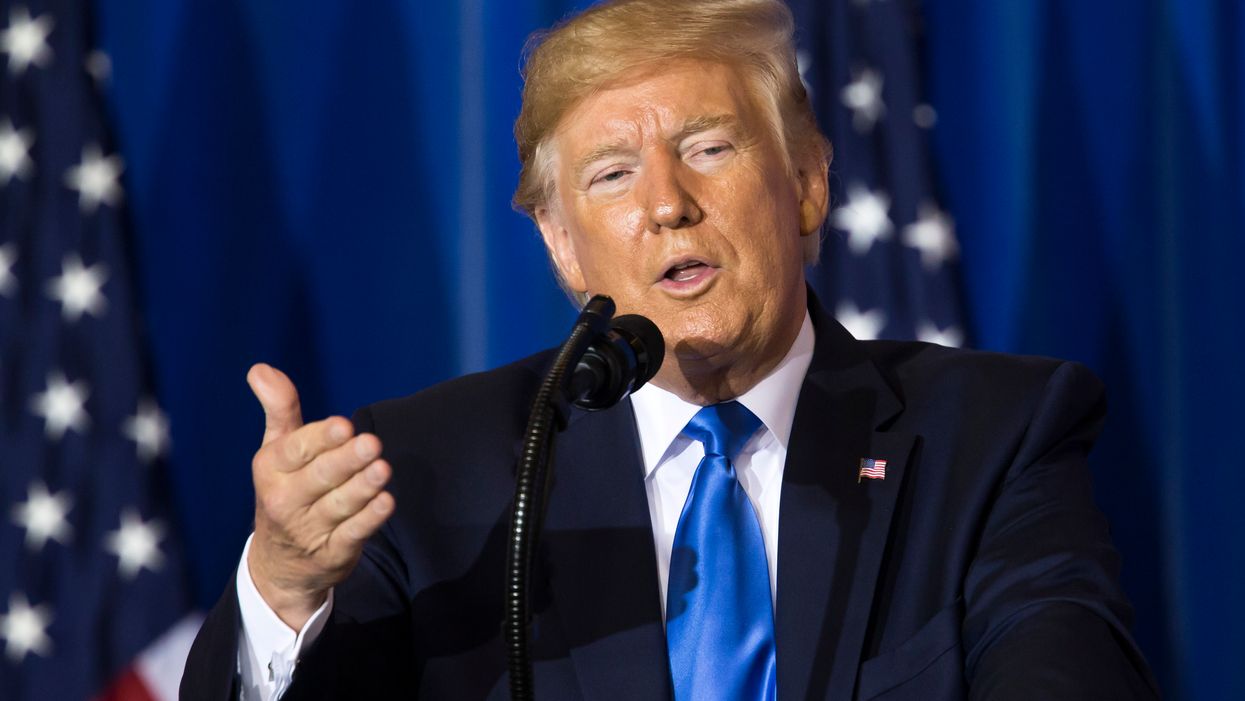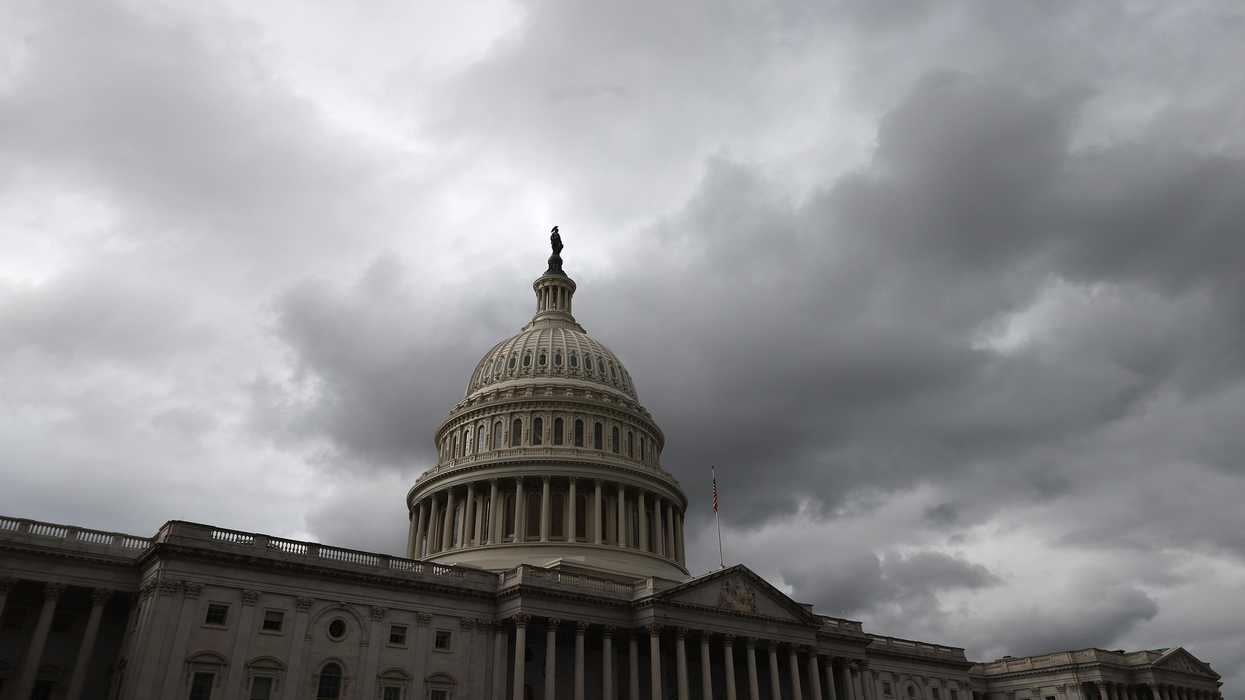Kresky is counsel for Independent Voting, which works to promote the political clout of unaffiliated voters. An earlier version of this piece first ran in Independent Voter News.
Democrats, if they acted out of more than pique and the need to feed red meat to their base, hoped that their second impeachment would end up preventing Donald Trump from running for president again — by legally disqualifying him from holding future public office. If anything, the Senate's acquittal has kept Trump's base engaged and in sympathy with their leader.
It was certain from the start of this month's proceedings that there would be nowhere close to the 17 Republicans necessary to join all the Democrats for conviction. While the House Democrats' vote to impeach helped their party shape the narrative about the Capitol incursion, it left the party's Senate leaders essentially all dressed up but with nowhere to go — except to conduct a "trial" many viewed as wasting energy and political capital needed to address the pandemic, the economy and all the country's other challenges.
As for Republicans, it is clear they are not done with Trump. Their political viability depends on his base and for now, at least, they cannot hold that base and dump Trump — Mitch McConnell's desires notwithstanding. Moreover, many of the early 2024 presidential aspirants view Trump's base as their own.
There are surely good reasons to prevent a second Trump presidency. And there is an approach that can both impede Trump and improve our democracy.
For it to become more than an abstract argument, however, will require buy-in by elements of both major parties — or sufficient funds to take it directly to the people.
The approach calls for defending and expanding open primaries. Open primaries can take several forms. Most common is the top-two version, where all candidates and voters participate in a first round and the top two vote- getters go on to the November election. Most top-two systems allow candidates to list a party preference or affiliation. California, Washington and Louisiana use this system. In other states, partisan primaries remain, but all voters are allowed to choose which party's primary to vote in. This is used in such nonpartisan registration states as South Carolina, Wisconsin and Virginia.
Trump's immediate strategy appears to be to remain in the Republican Party and seek to support as many winning candidates in the 2022 congressional primaries as possible. Such a strategy is most effective in a closed primary system where only registered party members may vote. And already, pro-Trump Republicans in Missouri, New Hampshire, Virginia and South Carolina are working to close their states' primaries. The success of Trump's strategy will provide a measure of his strength in the GOP and the prospects for those aligned with him.
Reform advocates — particularly those aligned with Independent Voting and Open Primaries — are fighting these efforts. Can they convince anti-Trump Republicans and Democrats to join with them to keep the primaries open? This is not the ideal scenario for partisans on either side. But if they are sincere about stopping the previous president's comeback, they would be hard-pressed — or at least exposed — if they failed to do so.
If "anybody but Trump" is the cause that elected President Biden in 2020, can "anybody but Trump" be so easily rejected ahead of 2022?
Open primaries would force Trump, and other candidates, to demonstrate broad appeal to the overall electorate in order to advance to the general election. It makes it much more difficult for a candidate to do what Trump did in 2016, which was to assemble a solid core of 30 percent or so of his party's voters and ride that through a crowded field to the nomination. Trump used this divide-and-conquer strategy to best 11 other Republicans who survived into the primaries. That allowed him to advance from being the plurality choice of one party to winning the White House with 46 percent of the popular vote.
The best antidote to Trump and Trumpism is more democracy. The impeachment route was anti-democratic and bolstered the partisan status quo. Its advocates sought to block Trump while they maintained top-down partisan control of our electoral process. Does this play into Trump's hands? Is this what is best for our country?



















